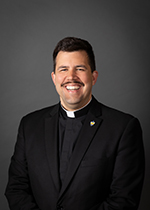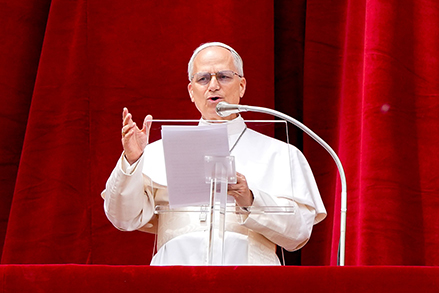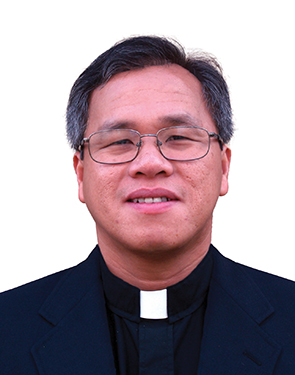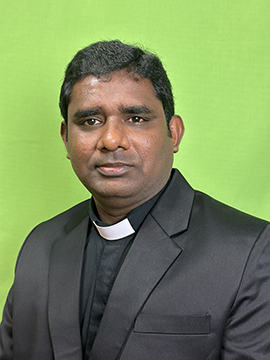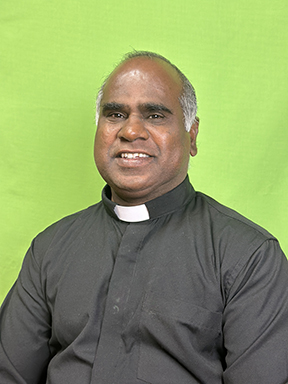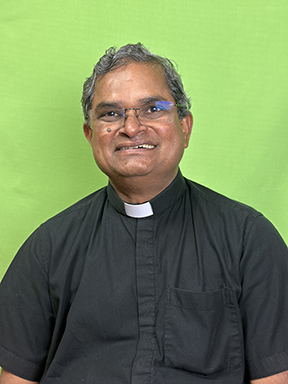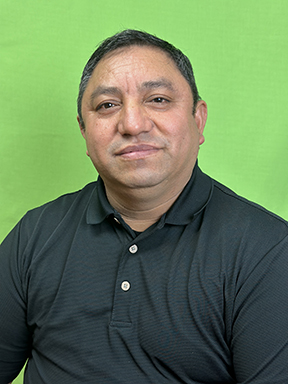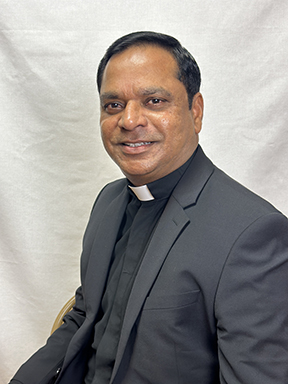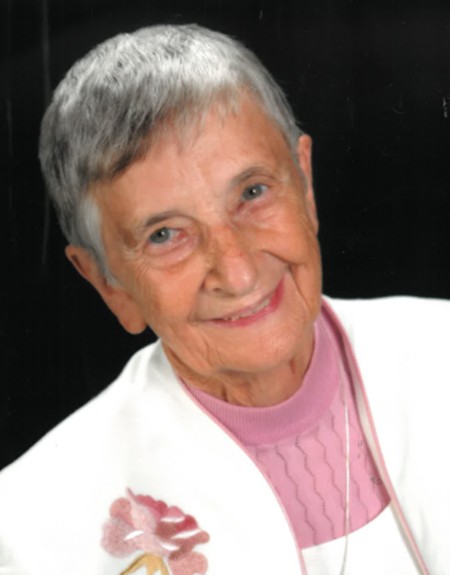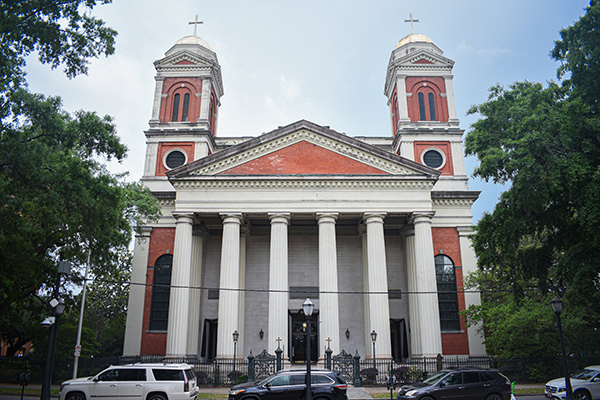By Bishop Joseph R. Kopacz, D.D.
The celebration of the Lord’s resurrection during the Easter season always bears the marks of resurgent life in the church as well as in the natural world around us. Beginning with the Easter Vigil, the waters of Baptism, the anointing with chrism, the proclamation of the Word of God, and the reception of the Body and Blood of the Lord are the ordinary and extraordinary ways that our parish communities flourish as members of the Body of Christ. The hope and joy that arise from the love of risen Lord take root all around us.

In this light it’s evident that the death of Pope Francis and the election of Pope Leo XIV have deepened our experience of the rhythms of the Paschal mystery in the Easter season.
The passing of Pope Francis after 12 years as the Holy Father evoked a world-wide outpouring of loving gratitude on behalf of this spiritual leader whose prophetic voice inspired many within the church and beyond. The funeral liturgy and the accompanying solemn rites and processions placed the church on the world stage for an extended period of time proclaiming to all participants and observers the essence of our faith and hope in the one crucified and risen from the dead.
That Francis embodied the mind and heart of the Good Shepherd through words and gestures, through teaching and evangelizing, and through his stature as the voice of conscience and human rights across the globe, was evident in responses from across life’s spectrum, including both heads of state, and homeless. Let our hope-filled prayers from the funeral liturgy accompany this servant of God. “May the angels lead you into paradise; may the martyrs come to greet you on the way, and take you to the holy city, the new and eternal Jerusalem. May choirs of angels welcome you and lead you to the bosom of Abraham; and where Lazarus is poor no longer may you find eternal rest.”
After pausing for a suitable time of mourning and allowing the cardinal electors the opportunity to settle in and prepare for the conclave, the 24-hour news cycle kicked in once again. From churchmen to Vegas oddsmakers there was considerable speculation over who would emerge as the 267th pope.

The 700-year-old tradition of conclave was explored and dissected in every conceivable way, and indeed it gripped the imagination. Even far more impressive was the reality that the 130+ cardinals represented 71 countries, walking proof of the global Catholic Church. But would the conclave drag on, or would it be over in a matter of two to three days, its duration in recent elections, was a repeated question? The thousands of people who joyfully and prayerfully gathered in St. Peter’s Square to await the white smoke and the pealing bells represented countless others from around the globe who remained vigilant in prayer and joyful hope. At last, the moment arrived. Habemus Papam!
To the surprise of most who were glued to the proceedings, the church is celebrating the first American pope. It seems that the oddsmakers didn’t factor in the impact of the Holy Spirit.
We are at the beginning of a new day in the center of the Catholic Church with the election of Pope Leo XIV, the former Cardinal Robert Francis Prevost. His Augustinian religious community, and the nations of Peru and the United States along with the entire Catholic world rejoice to welcome him as the successor of St. Peter, the Vicar of Christ, the Bishop of Rome, and the Servant of the Servants of God. The name of Leo is profoundly significant for our times and speaks volumes regarding our Holy Father’s hopes and dreams for our church and world.

